Consuming too much sugar can cause intestinal problems and worsen the symptoms and effects of inflammatory bowel disease, in particular. A recent research study published in the journal Cellular and Molecular Gastroenterology and Hepatology confirmed this.
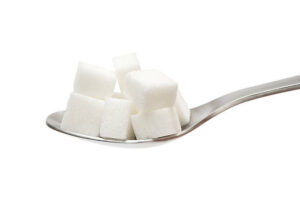
Think about it: are most of the foods we consider eating throughout the day made of sugar or taste sweet? If the answer is yes, then it’s time to be aware, because beautiful sparkling sugar is harmful to our bodies.
Eating too much sugar or sweet foods creates bad bacteria in the gut. Recently, researchers from the University of Georgia and the University of Southern California reported such information.
They say that children’s brain development is disrupted due to the consumption of sugary or sweet foods. The formation of some parts of the brain is incomplete, or various problems occur.
Neurological complications also arise, and the risk of Alzheimer’s increases manifold. They also mentioned that consuming more sweets increases the risk of obesity. Hyperglycemia causes various problems, including a risk of heart disease, diabetes, and memory loss or dementia.
An epithelial layer with mucus on the top layer covers our intestines. This intestinal barrier must regenerate itself every three to five days through the action of stem cells, which continue to divide to make new copies of themselves. These stem cells are crucial for the regeneration of damaged epithelium.
Experiment after experiment has shown that a high-sugar diet directly affects the ability of stem cells to break down and regenerate in the gut, which also increases the severity of IBD.
Some Healthy Natural Alternatives to Sugar
1. Honey
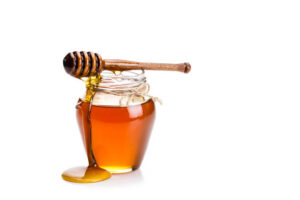
Not only valued for its natural sweetness, honey has long been appreciated for its nutritional value. This thick liquid is produced by honeybees from plant extracts during the pollination process, making it naturally rich in several beneficial plant compounds and antioxidants.
2. Sugarcane Molasses
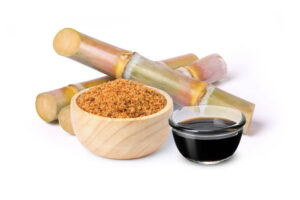
This delicacy is obtained mainly as a by-product during sugarcane processing. Low in calories, sugarcane molasses is healthier than regular sugar and other sweeteners on the market.
Raw sugarcane molasses consists mainly of water, sucrose, and small amounts of fructose and glucose. Jaggery, obtained after refining, is rich in vitamins and minerals like iron, potassium, phosphorus, magnesium, and calcium. As a result, jaggery benefits hair, skin, bone health, and heart protection. It is also an excellent source of iron for pregnant women.
What can happen if we eat sugar?
Sugar is called a silent killer. It is also called white poison. It can lead to death by slow poisoning. Many people eat red sugar instead of white sugar.
Red sugar is somewhat better than white sugar but still harmful. It is best not to eat sugar. However, if necessary, a person can consume 25 to 36 grams of sugar in a day. Consuming more than this amount is very harmful.
Some harmful effects on your body, if you consume too much sugar, are:
Increase the risk of heart attack: Eating too much sugar alters blood flow, which can increase your heart attack risk.
Depression: Eating too much sugar can cause depression, increase anxiety, and make you feel tired all day.
Decreases memory: Sugar can cause diseases like Alzheimer’s and reduce brain function.
Liver damage: Eating too much sugar can lead to a layer of extra fat around the liver. As a result, liver function decreases.
Increase extra fat: Sugar can increase extra fat in our bodies. An increase in extra fat can increase the risk of diseases.
Increases the risk of diabetes: Eating too much sugary food increases the risk of diabetes. If 150 calories are consumed daily from sugar, the risk of diabetes increases by about 1.1 per cent. Besides, sugar is very harmful to those suffering from diabetes.

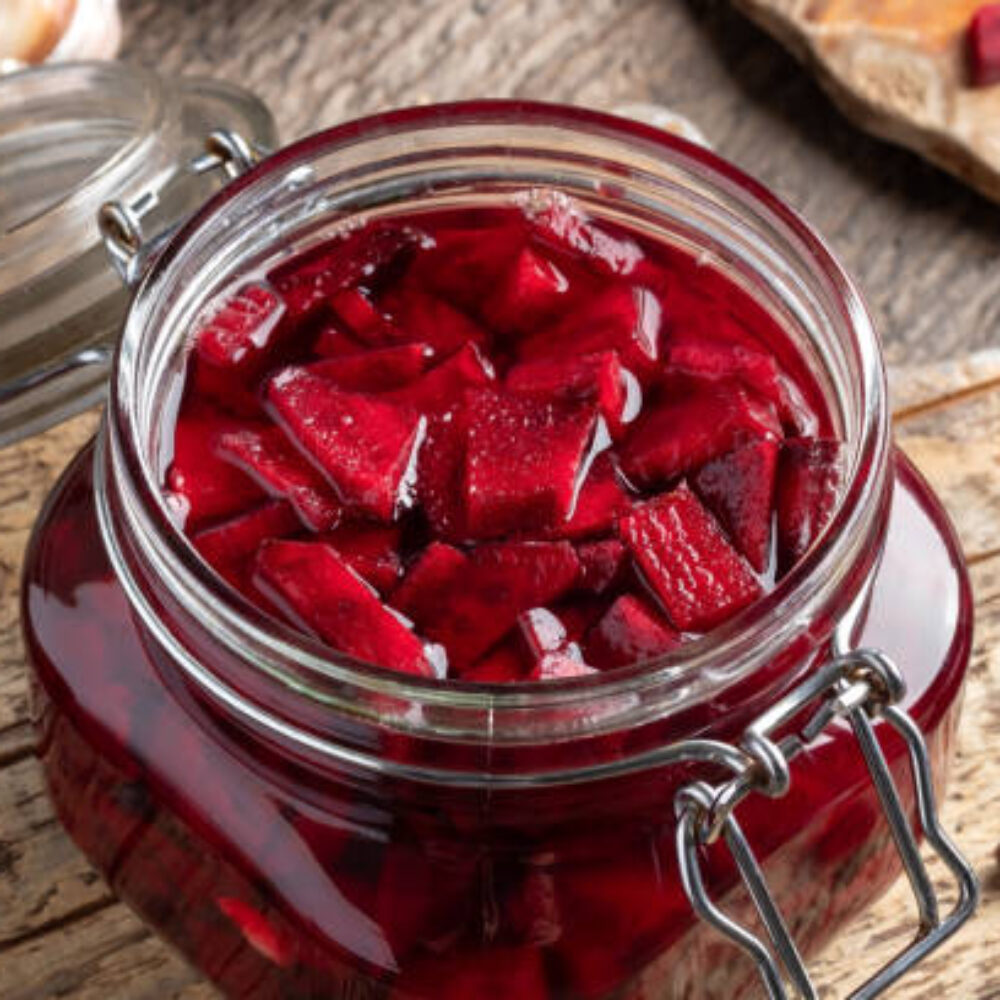
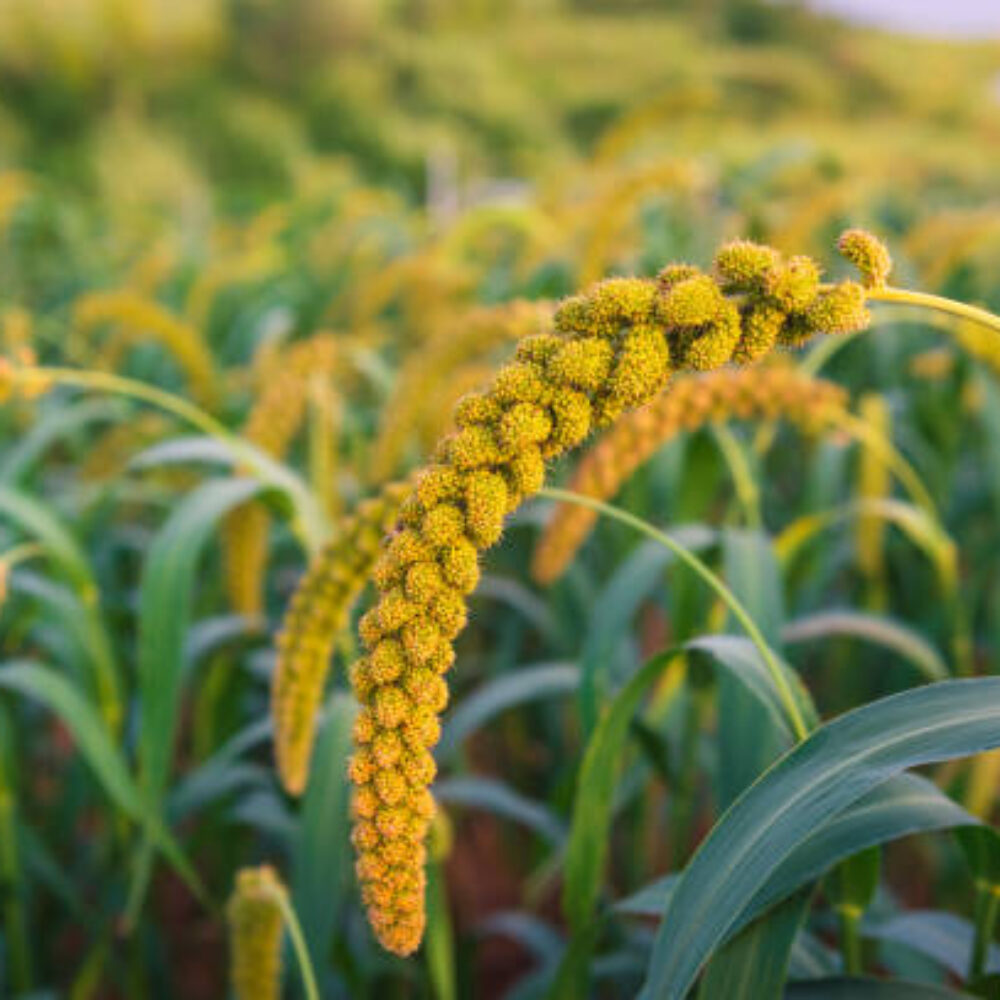
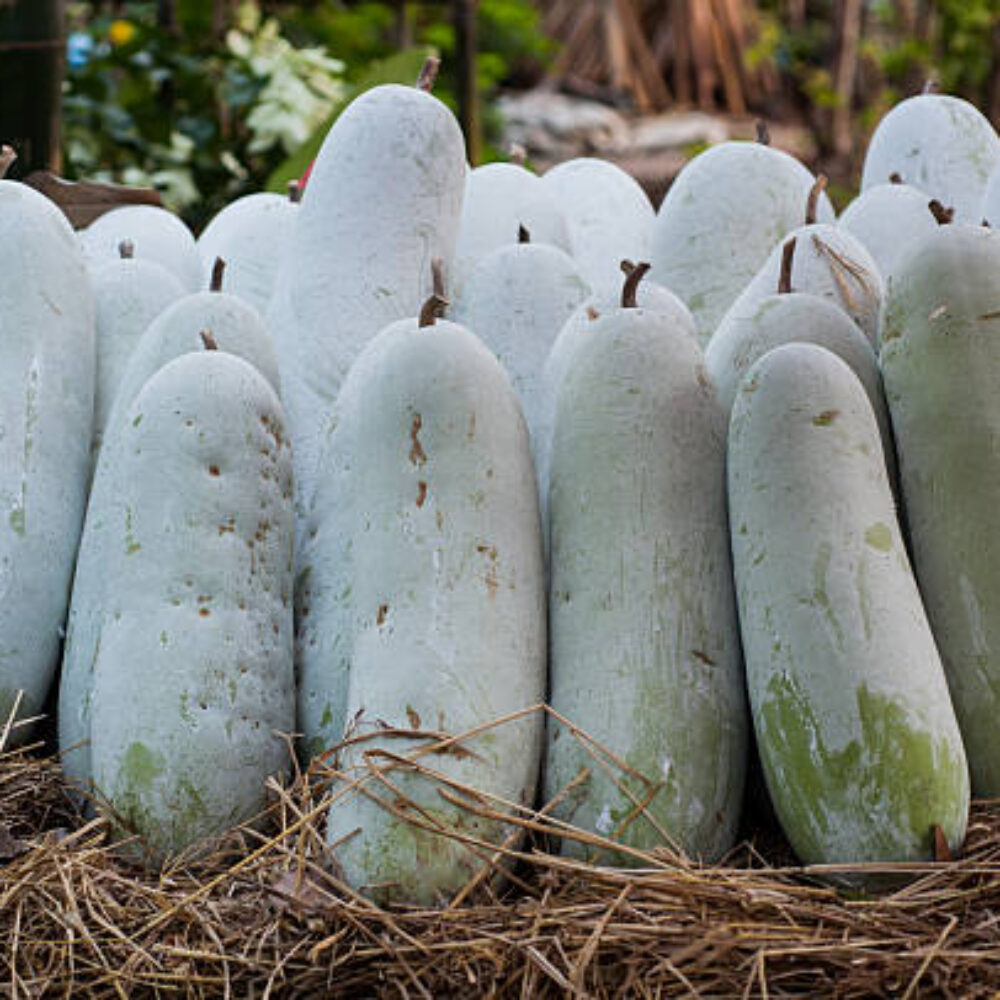
Pingback: 8 Tips for Healthy Eating | Way to Eat Healthy
Pingback: Juice Recipes for Gut Health | Improve Digestion Naturally
Pingback: Foods to Eat Instead of Medicine to Get Rid of Gastric Problems - theguthealthstuff.com